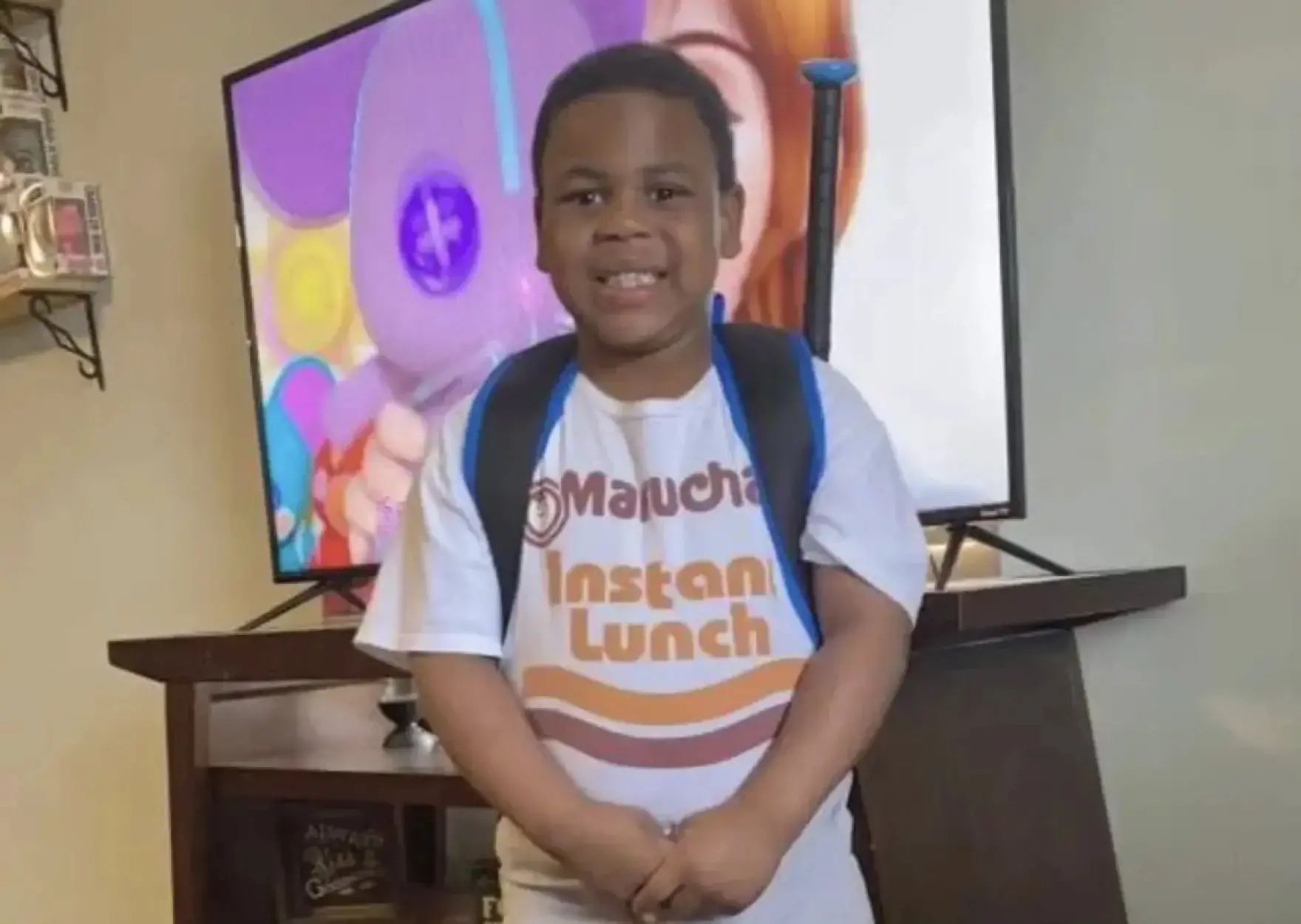The Kentucky Center for Investigative Reporting (KyCIR) spent months examining how the state investigates abuse and neglect in residential foster care facilities. Here’s how we did it.
Kentucky’s child welfare system is big and complex.
Between 2020 and 2022, more than 50,000 children were taken from their families and placed in homes or facilities that promised to care for and keep them safe. But what happens when children are harmed in the very places that were supposed to protect them?

As a nonprofit journalism organization, we depend on your support to fund more than 170 reporting projects every year on critical global and local issues. Donate any amount today to become a Pulitzer Center Champion and receive exclusive benefits!
I thought about this very question as I sat and read an email from the Jefferson County Coroner’s Office last July. It said a 7-year-old boy had died at a residential foster care facility in Louisville. Ja’Ceon Terry had been living at Uspiritus-Brooklawn for less than a month when he was held down by two staff members until he lost consciousness.
The Cabinet for Health and Family Services immediately stopped placing foster kids at this facility and launched an investigation into the incident. Months later, they permanently revoked the license for Brooklawn to operate its psychiatric treatment units, where Ja’Ceon was admitted.
I couldn’t stop thinking about Ja’Ceon.
I wondered why a 7-year-old needed to be restrained in the first place. I wondered whether things like this were happening at other foster care facilities. I wondered how the state regulated these facilities and held them accountable when children were harmed in their care.

Before I even knew what I was looking for, we wanted to make sure that we were centering the voices of young people who have lived experiences in the foster care system. To do that, we invited a group of foster youth to Louisville Public Media to hear about their experiences and challenges while in foster care. They shared stories about being restrained, being verbally abused, being denied access to basic needs and feeling unsafe. They told us how the residential care facilities need more accountability, better training and more advocacy. Their stories and input were a crucial part of this project.
Next, I requested records from the Division of Regulated Child Care, the state department that regulates and licenses residential care facilities. I asked for copies of every investigation they conducted into incidents that occurred at all 48 of these facilities throughout the state. The cabinet told me this wasn’t possible — there were too many records to go through and redact. They asked me to narrow my request to a specific region instead. I ended up with hundreds of pages of records from eight different facilities in Jefferson County.
I spent months meticulously collecting data from each of these incidents, reading page after page of heartbreaking allegations that involved children being physically, emotionally and sexually abused. I filed all of this information into a database where I collected important dates, the child’s age and history, the details of the allegation and the results of the state’s investigation.
It was within those records that I came across the investigation into Ja’Ceon Terry’s death. I couldn’t believe it. There were details in this report that had never been released by the state before. The investigation showed that in the final hours of his life, Ja’Ceon was publicly shamed, verbally abused, left in his room alone for nearly six hours and then placed in a fatal restraint that never should have happened in the first place. It was a series of systemic failures that led to his death that day.
I started to wonder something else at that point: If Ja’Ceon had lived, would the abuse and neglect he experienced that day have been addressed or punished? Would the state have taken such swift action against the facility if he was still alive?
The data doesn’t support it.
The majority of the cases we reviewed were closed and labeled unsubstantiated by the state, meaning they didn’t have enough evidence to confirm the allegation. But what we noticed was that many of these cases came down to just one thing — a child’s word versus a staff member's word. There was often no other evidence available, like video footage or witnesses. And in almost every single one of those cases, the state ruled against the child.
What we also found, though, is that the state often doesn’t even speak to the child who said they were harmed. They would simply open the investigation, review the child’s case file, talk to the staff members and then close the case without interviewing the child who was involved in the incident.
What that tells us is that the state is failing to thoroughly investigate allegations of abuse and not listening to children who say something happened to them.
“Unheard” examines these findings, provides detailed examples of what these incidents look like and how they impact children. These kids often don’t have anyone else to advocate for them. When something happens to them, they rely on the state to do something about it. We hope state leaders take action to improve their investigations into residential care facilities and work to examine how their own systems are contributing to the harm of children in their care.





